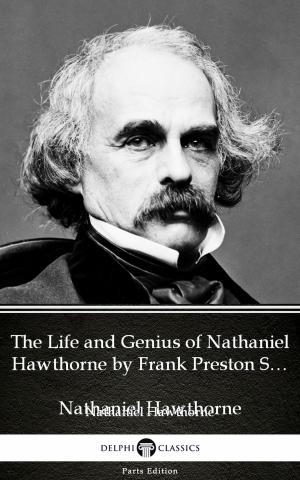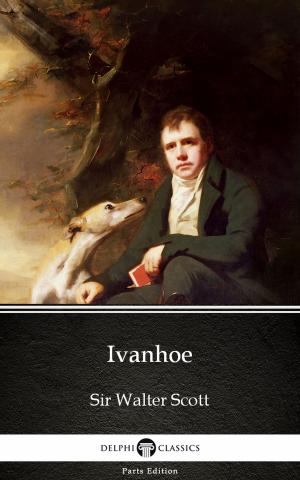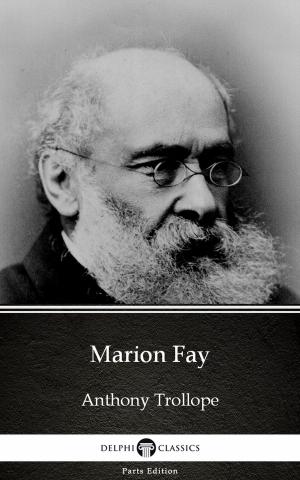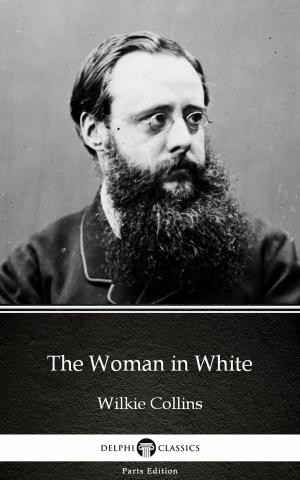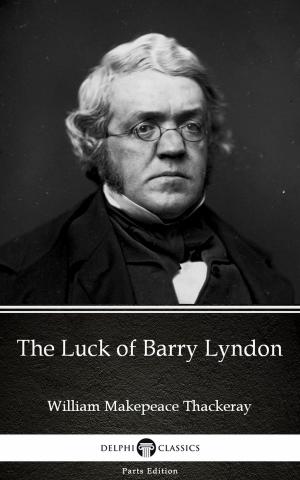| Author: | Arthur Lillie | ISBN: | 6610000024070 |
| Publisher: | PublishDrive | Publication: | July 29, 2017 |
| Imprint: | Merkaba Press | Language: | English |
| Author: | Arthur Lillie |
| ISBN: | 6610000024070 |
| Publisher: | PublishDrive |
| Publication: | July 29, 2017 |
| Imprint: | Merkaba Press |
| Language: | English |
Mademoiselle Helena Petrovna Hahn was born at Ekaterinoslow, in the south of Russia, in 1831. She is described as being what is called mediumistic from her earliest youth. She was more in the company of phantom “hunchbacks” and Roussalkas (water sprites) than of flesh and blood playmates. Mr. Sinnett argues from this that the Mahatmas of Tibet put themselves in communication with the young girl from her very earliest childhood. But an alternative theory, of course, would be that the “Masters” (Sinnett, “Life of Madame Blavatsky,” p. 24) were never anything more than the spooks or spirit guides of a medium.
On the 7th July, 1848, Mademoiselle Hahn married General Blavatsky, a gentleman “nearer seventy than sixty.” With a humour that developed early she called her husband a “plumeless raven.” For three months they lived together, but not as husband and wife, and then she left him, Mr. Sinnett tells us.
If we wish to study a given religion, say Islam, we must begin with a picture of the Founder as he appeared to his disciples. We must study his biography, his teachings. We must examine the text of his Bible and see what the “apologists” have to say before we allow the “critical school” to cut in. From October, 1848, to May, 1857, comes a gap in the Russian lady’s existence. During these years she is said to have visited Tibet and learnt the secrets of the Mahatmas.
Mademoiselle Helena Petrovna Hahn was born at Ekaterinoslow, in the south of Russia, in 1831. She is described as being what is called mediumistic from her earliest youth. She was more in the company of phantom “hunchbacks” and Roussalkas (water sprites) than of flesh and blood playmates. Mr. Sinnett argues from this that the Mahatmas of Tibet put themselves in communication with the young girl from her very earliest childhood. But an alternative theory, of course, would be that the “Masters” (Sinnett, “Life of Madame Blavatsky,” p. 24) were never anything more than the spooks or spirit guides of a medium.
On the 7th July, 1848, Mademoiselle Hahn married General Blavatsky, a gentleman “nearer seventy than sixty.” With a humour that developed early she called her husband a “plumeless raven.” For three months they lived together, but not as husband and wife, and then she left him, Mr. Sinnett tells us.
If we wish to study a given religion, say Islam, we must begin with a picture of the Founder as he appeared to his disciples. We must study his biography, his teachings. We must examine the text of his Bible and see what the “apologists” have to say before we allow the “critical school” to cut in. From October, 1848, to May, 1857, comes a gap in the Russian lady’s existence. During these years she is said to have visited Tibet and learnt the secrets of the Mahatmas.


